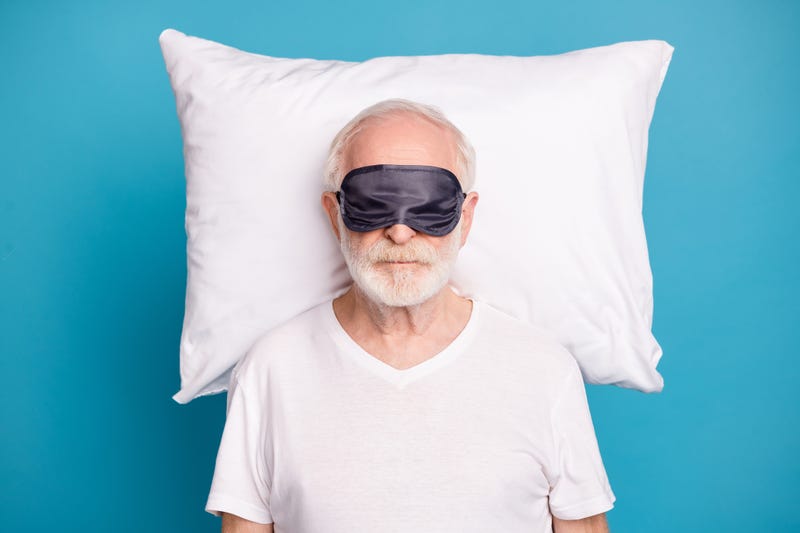If you are 65 or older, getting enough sleep could be the key to protecting yourself from declining cognition.
Sleeping little could increase the risk of Alzheimer’s disease for people aged 65 to 85, according to a peer reviewed study published by the JAMA Neurology journal. Findings also indicated that sleeping too much could lead to negative outcomes.
A total of 4,417 older adults with normal cognition were part of the cross-sectional study. Approximately 59 percent, or 2,618, were and the median age was just over 71 years old.
Sleep duration of less than six hours nightly was associated with higher levels of beta-amyloid accumulation for study subjects. This protein causes amyloid plaques – one of the early signs of Alzheimer’s disease – to form.
Sleeping less than six hours or more than nine hours was associated with distinct deficits in cognitive performance as well as depressive symptoms, body mass index and daytime naps, according to the study findings.
With the study, researchers looked to investigate associations with self-reported sleep duration and beta-amyloid levels as well as other lifestyle variables. As disrupted sleep is common in aging, identifying the connection between sleep and quality of life and cognition is important.
Getting between seven and eight hours of sleep should help people maintain cognitive function as they age, according to study results.
“This study is unique because we found that you can’t just make a blanket statement that all bad things happen to short and long sleepers,” Joseph Winer, a postdoctoral fellow at Stanford University and head researcher on the study, told USA TODAY. He said the study “suggests there’s something happening in short sleeps that looks like Alzheimer’s disease.”
Participants in the study didn’t give information regarding health issues such as cardiovascular disease or diabetes, said the outlet.
Other studies, including a Harvard Medical School Study published last year and a study published this year in Nature.com found a connection between short sleep duration and dementia. While Alzheimer’s is the most common cause of dementia, which is defined as a general decline in mental ability, it is not the only cause of the condition.
Winer said there isn’t enough evidence to show if getting seven to eight hours of sleep before age 65 would decrease chances of getting Alzheimer’s.
However, he said it is important to maintain a health sleep schedule, especially as one ages.



